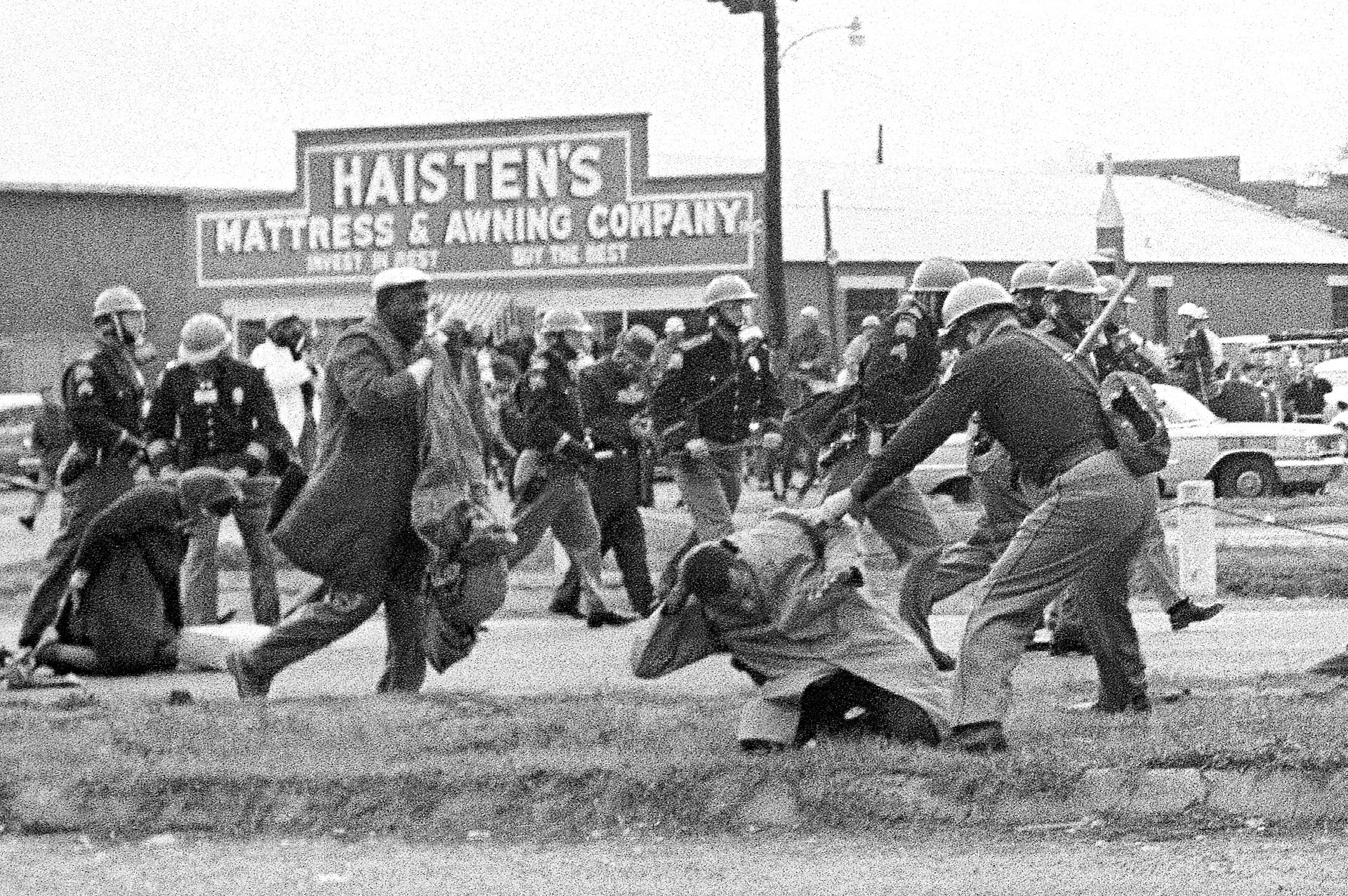The Research Brief is a short take about interesting academic work. The big idea A paper came out in Nature on July 22 that further underscores earlier studies that show that neither the malaria drug hydroxychloroquine nor chloroquine prevents SARS-CoV-2 – the virus that causes COVID-19 – from replicating in lung cells. Most Americans probably...
Author: sp (sp )
Disinformation Campaigns Are Murky Blends of Truth, Lies and Sincere Beliefs – Lessons from the Pandemic
The COVID-19 pandemic has spawned an infodemic, a vast and complicated mix of information, misinformation and disinformation. In this environment, false narratives – the virus was “planned,” that it originated as a bioweapon, that COVID-19 symptoms are caused by 5G wireless communications technology – have spread like wildfire across social media and other communication platforms....
Science Elicits Hope in Americans – Its Positive Brand Doesn’t Need to Be Partisan
Harley-Davidson is one of the most iconic brands in the world. Harley-Davidson, however, doesn’t sell motorcycles – it sells a lifestyle. Look at any Harley-Davidson advertisement and you will see someone riding the open road. The Harley-Davidson brand is about freedom. Attitude. Living by your own rules. A brand is the unspoken starting point when...
How the Images of John Lewis Being Beaten During ‘Bloody Sunday’ Went Viral
On March 7, 1965, Alabama state troopers beat and gassed John Lewis and hundreds of marchers on the Edmund Pettus Bridge in Selma, Alabama. TV reporters and photographers were there, cameras ready, and the violence captured during “Bloody Sunday” would go on to define the legacy of Lewis, who died on July 17. I’m a...
Whole Foods is Retaliating Against Employees Who Wear Black Lives Matter Masks to Work, Per New Lawsuit
Whole Foods Market has been named in a proposed class action lawsuit, with a pool of employees accusing the supermarket chain of racial discrimination and retaliation. According to the complaint that fourteen Whole Foods employees (the “plaintiffs”) filed in a federal court in Massachusetts on Monday, while “Whole Foods and its parent company Amazon have...
Amazon, Apple at the Center of Italian Antitrust Probe for Allegedly Preventing Unauthorized Parties from Reselling Products
Apple and Amazon are coming under the microscope of Italy’s antitrust authority in connection with their alleged pattern of preventing unauthorized parties from reselling products on Amazon’s sweeping online marketplace. In a statement on Wednesday, the Italian Competition Authority (Autorità garante della concorrenza e del mercato) confirmed the probe, which is aimed at determining whether Apple and...
What Must Companies Do – and Disclose – When Faced With Allegations of Bad Behavior by Their CEOs?
Coach, Kate Spade, and Stuart Weitzman’s parent company Tapestry revealed on Tuesday that its chairman and chief executive Jide Zeitlin would resign for “personal reasons.” The announcement seemed suspiciously abrupt given that the 56-year old former Goldman Sachs executive had been in the dual role for less than a year (after first joining the company’s board...
Kanye West is Fighting with a Fragrance Company Over Their Respective “YZY” Trademarks
In June 2018, YZY filed a trademark application with the U.S. Patent and Trademark Office (“USPTO”). The company – a Miami-based fragrance and cosmetics wholesaler – sought to register a stylized version of its name for use on “fragrances and hair care preparations,” among other related products, only to be shot down by the national...
How to Get Good at Disagreeing
Do you hesitate to speak up when you disagree with the rest of the group? Are the others not saying anything either? Then you’re probably not maximizing your collaboration. But you can learn how to disagree more effectively. You may recognize yourself. You’re part of a group where everyone seems to agree more or less...
Anti-Asian Hate Crime During the COVID-19 Pandemic
Under the Hate Crime Statistic Act, hate crimes are defined as “crimes that manifest evidence of prejudice based on race, gender and gender identity, religion, disability, sexual orientation, or ethnicity.” Since the outbreak of COVID-19 in Wuhan, China, the United States has seen a surge of Asian Americans reporting racially motivated hate crimes. Earlier this month, University of Colorado Denver School...










